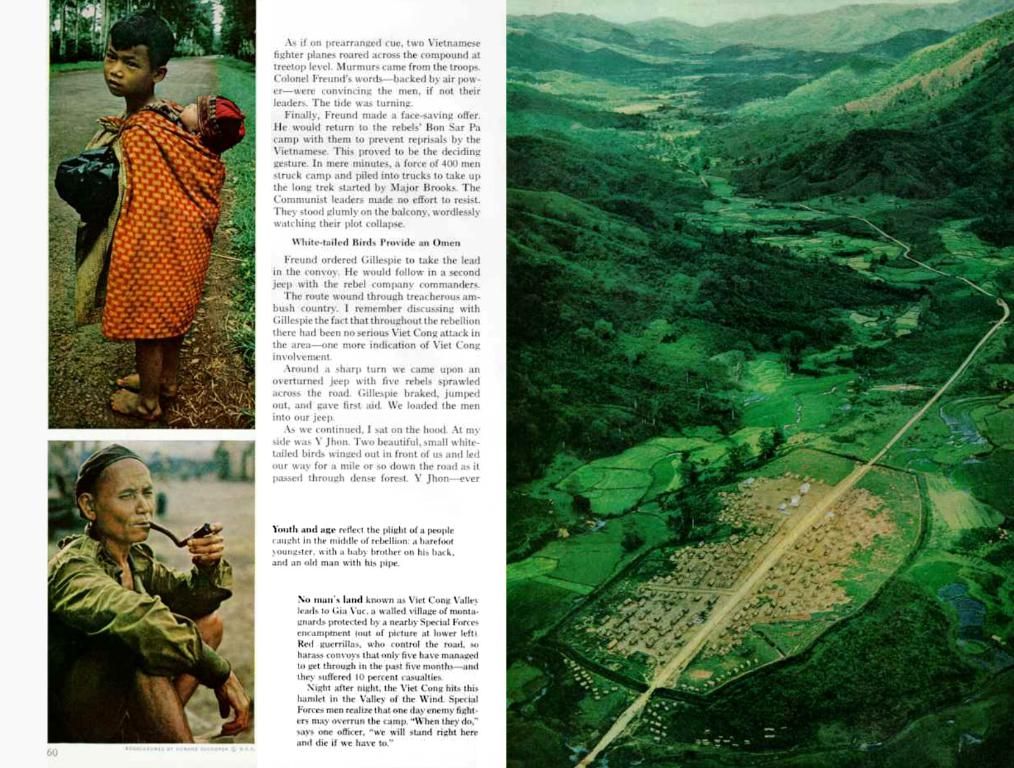[INSIGHT] 2025 BBM: Inadequately Allocated Budget
Budgeting, baby. The wrong moves could make things go from bad to worse, and the proposed 2025 budget for the Philippines might just do that. While it sounds grand with its theme "Agenda for Prosperity: Fulfilling the Needs and Aspirations of the Filipino People", it's anything but that.
This so-called budget will likely make the poor poorer and the rich richer. The budget isn't designed to address the nation's social and economic needs but rather banks on the pork of politicians and profits of the wealthy. It's a measurement of what needs to be fixed in the country's undemocratic politics and inequitable economy.
The President's Budget presented to Congress was already unresponsive to the country's adverse trends since the start of the administration: poverty escalating to some 16 to 19 million families, hunger affecting over six million families, manufacturing hitting its lowest share in nearly 80 years, agriculture registering its smallest share in the country's history, and billions in pork barrel projects, confidential and intelligence funds, and other traditional politician tricks.
As the budget makes its way through the legislative mill, things just get worse. The budget squeeze includes Congress indulging in its own interests - the House of Representatives gives itself an additional P17.3 billion and the Senate an extra P1.1 billion. The Office of the President is also gifted an additional P5.4 billion, ostensibly for hosting the ASEAN Summit in 2026 with no details of the expense in the bicameral conference committee report.
The most glaring addition, however, is the P288.6 billion extra for the Department of Public Works and Highways (DPWH), bringing its budget to a whopping P1.11 trillion. This includes more pork barrel projects inserted by legislators in the upper and lower houses on top of what they've already fought for in the budget preparation process from January to July 2024.
This budget prioritizes infrastructure hugely biased not just for pork barrel projects but also for supporting the profits of mainly large local and foreign firms. The infrastructure program is focused not on regions where infrastructure is scarce and populations are poorest, but in areas where the country's biggest corporations and foreign-dominated special economic zones are found.
On the other hand, education takes the back seat. Despite rising food prices affecting poor Filipinos the most, the budget for agriculture is cut by a massive P43.2 billion. Agricultural productivity has been steeply falling since 2021, and the agriculture sector has grown by an average of just 0.2% quarterly under the Marcos administration. This is a mere shadow of the 1.2% average under the Duterte government and a fraction of the almost 2.5% historical average over the last 25 years.
Food inflation is already the worst for the poorest Filipino families, and the proposed budget will make things even worse. Amid damning findings about the learning competencies of Filipino youth, the budget for education is cut. Deprioritizing education affects all levels, from primary to tertiary. This budgeting baloney is just making things worse for millions of Filipinos.
Remember, the government's resources might be finite, but the problem lies deeper. Social and economic development strategies are missing, and the government is content with austerity for the poor while dishing out huge budgets for pork and patronage, infrastructure for the rich, and even sacred debt service. If the government truly wanted to help, they'd adopt a more progressive tax system and wealth taxes to expand their resources.
The budgeting mess needs to be cleared. It needs to return to Congress for real, transparent deliberations with public participation. It's a crucial task, but the government can easily run on a reenacted budget next year for as long as needed to come up with a better budget. Time to wise up and budget better, folks!
The proposed budget for 2025, deeming itself as an "Agenda for Prosperity," seems to be far from addressing the social and economic needs of the Filipino people, instead focusing on the pork of politicians and profits of the wealthy, indicating a need for a more equitable distribution of resources in the realm of education-and-self-development and politics. The budgeting process, fraught with self-serving interests and lack of public participation, exacerbates the issues plaguing general-news topics such as poverty, hunger, and economic stagnation, calling for a comprehensive overhaul in the country's undemocratic politics and inequitable economy.







